I've been working on a new feature for my team's project, and my code changes involved many debug print statements on rather useful places. Now before pushing the code, I'll be removing all these debug print statements but I know whenever I come back to this I'll end up putting those debug print statements again.
So if I remove the debug statements, and commit. All the needed debug statements will basically be git diff HEAD^!. Inverse of this diff (if that's even a thing) will be all the debug statements I need whenever in need. Is there a way to do that?
Or would you suggest any other sane workflow to handle this kind of a thing.
